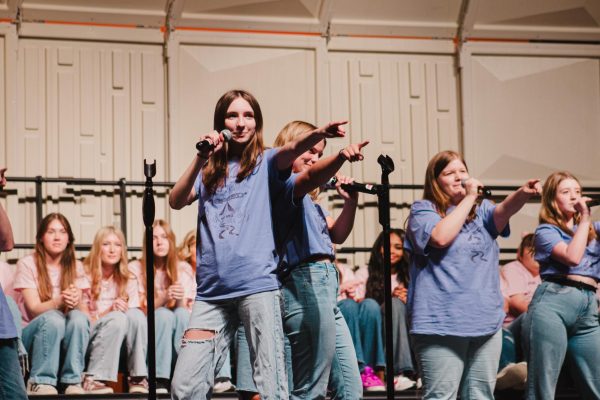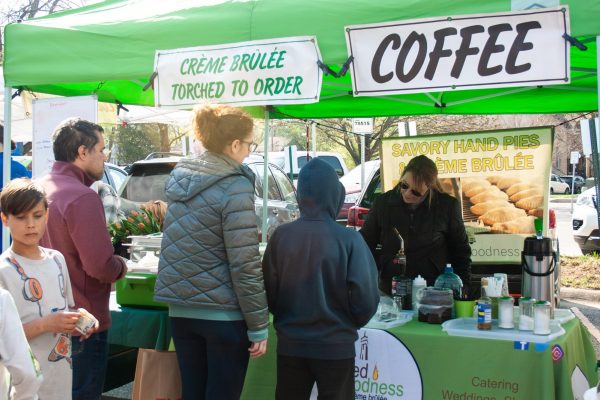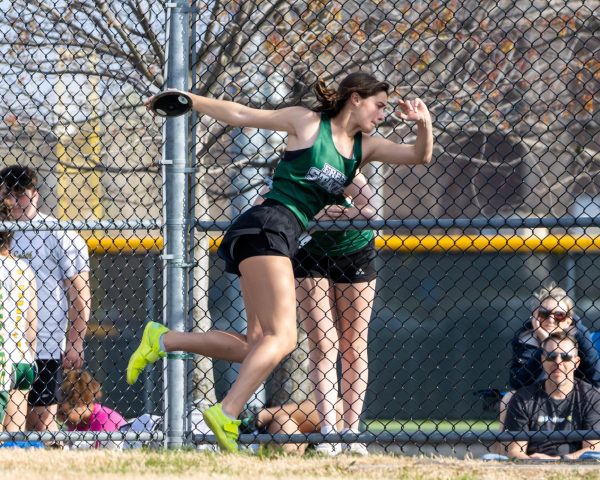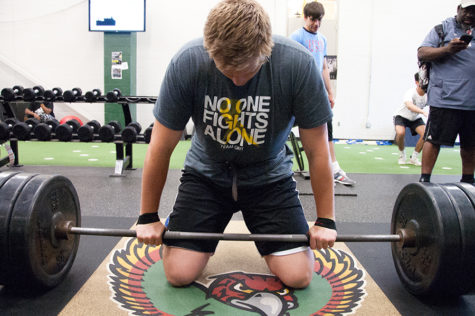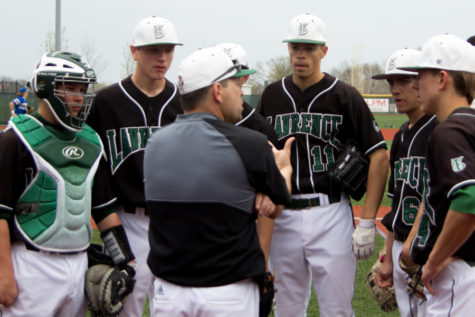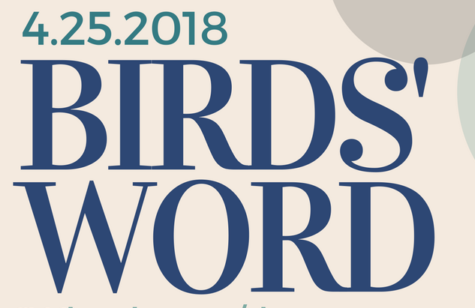Tired of the Culture: Part 3
Students and staff take action to bring awareness to sexual violence within the school
“I’m tired of having my ass grabbed in the hallways,” junior Akaya Tate-Locke said. “I’m tired of being called a hoe, I’m tired of getting catcalled at school.”
While a student at Free State, in-school sexual harassment has become common for Tate-Locke. Her sophomore year, she was assaulted by a fellow student whom she was forced to see at school everyday.
“Sophomore and freshman year, I had a very bad experience with a student where stalking was a huge issue,” Tate-Locke said. “It was hard to get away from that person because I was in the hallways with them all the time.”
While such inappropriate behavior is accepted among the student body, Tate-Locke and other students feel that rape culture is a growing problem at the school. Rape culture is a community that normalizes sexual violence and views it as an inevitable part of life. Students are making efforts to address the issue.
After witnessing a boy making rape jokes about her friend during class, Tate-Locke discussed the incident with her teacher and counselors. Seeing no immediate action taken, Tate-Locke decided to take matters into her own hands.
“I was feeling like my voice was literally never heard and that hurt,” Tate-Locke said.” I knew a lot of other girls going through the same thing.”
Tate- Locke along with juniors Ayalah Silkner and Izabella Fletcher felt incidents of harassment and assault weren’t being taken seriously because they had never seen any follow-through by the administration. Tired of reporting incidents and feeling ignored, they organized a sit-in protest for Wednesday, October 4.
Approximately 66 students and teachers discussed the logistics of having a sit-in in a group chat. Following the online conversation, around 15 people met to discuss the event in person. They decided to approach the administrators as a group first.
Before they could confront the principals, the group dissolved due to lack of interest and scheduling conflicts. Since many students still felt strongly about the issue, a new group was created composed of two teachers and approximately 15 students called “Under Our Wings” who started planning a presentation to the Culture and Climate Committee (CCC).
The CCC is a group of staff who meet once a month to create district training which promotes school wide equity. The committee plans activities and provides resources to keep students informed on important social issues. Most recently, the committee has implemented courageous conversations—an activity which allows students to share their opinions about topics such as racism.
In December, ”Under Our Wings” selected five members to present a collection of demands to the CCC. They also shared their personal experiences with sexual assault and described how it affects their education.
CCC member and art teacher Sarah Podrasky was moved by the presentation. She believes the overwhelming prevalence of sexual violence is directly related to the trivialization of assault and harassment among our society.
“Without changing the mentality of how people perceive rape culture and how it perpetuates violence against women, I don’t think anything is really going to change,” Podrasky said.
Podrasky helped the students prepare their presentation and is going to sponsor “Youth Against Rape Culture,” a club that used to exist but ended after senior members graduated.
Shortly after the presentation, teacher Kelly Barah started the video campaign “We Can Do Better” to help broadcast the issue to more of the student body. He included the faces of students and staff to show that sexual violence affects real people everyday.
“The biggest thing is there are people in the building with really traumatizing stories and situations,” Barah said. “I feel like it is a no brainer to not only listen and empathize, but more importantly to help bring everyone to the table to stop this from happening to the next person.”
On January 8, seniors Ting Ting Shi, Claire Fontaina and Asayiel Alhajeri were guests on the Kansas City public radio station KCUR. They talked what rape culture is, their experiences with harassment and assault at Free State and the increased rate of sexual violence for women of color.
Victims and advocates feel administrators could be doing more to end sexual violence among the student body. First, they would like to see students receive a more in-depth education on the repercussions sexual assault has on our society and how to prevent it.
“I feel like part of the reason why sexual assault is such a big issue is because so many of us are not educated on what is acceptable and not acceptable on how to be treated, whether it’s by a significant other or anyone else,” said junior Akayah Tate-Locke.
They also demand principals hold abusers more accountable for their actions. They believe a stricter punishment will deter assaulters from victimizing students during school.
“I think that the biggest issue has been following through and making sure that abusers don’t get away with it,” said freshman Violet Amouak. “They need to stop normalizing these abusive and ruinous cycles.”
Your donation will support the student journalists of Lawrence Free State High School. Your contribution will allow us to purchase equipment and cover our annual website hosting costs.




